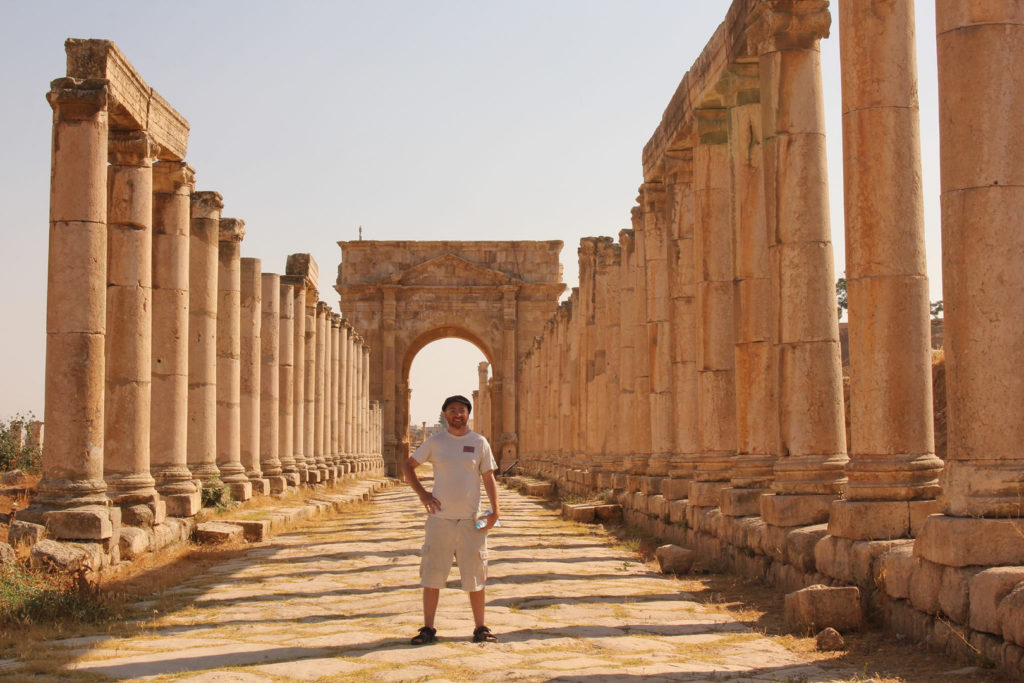History

When many people hear the word “history,” they think of days in high school when they had to memorize names and dates, most of which with they felt little to no connection.
Yet history is so much more than that. History the story of us. It’s all about people, why they think, fought, died, lived, loved, created, united, and fell apart they way they did. Everything we are today—our families, our culture, our societies, our technology, our very world—is the living end-product of our shared history. We live and breathe history, whether we know it or not. And understanding how we got here is not merely some academic exercise; even though the past can never be exactly repeated, that does not mean that it cannot inform our current choices me wake as individuals, as businesses, as societies, in a productive and beneficial way.
In fact, one of the world’s first great historians, Titus Livius, known in English generally simply as Livy, recognized that this is precisely the primary purpose of history when he wrote in his preface to his epic history of Rome that “[t]he special and salutary benefit of the study of history is to behold evidence of every sort of behavior set forth as on a splendid memorial; from it, you may select for yourself and for your country what to emulate, from it what to avoid, whether basely begun or basely conducted” (From the Founding of the Citypreface). If you own a business or run an NGO, you would be a poor leader if you did not look at the precedents, failures, and successes of others engaged in similar work. If you’re a general, you better understand the past wars fought on similar terms, or you’ll have blood on your hands that should probably not have been shed; the same can be said of surgeon who doesn’t study past operations similar to one he is about to undertake. For political leaders, history must be consulted, among many reasons, because the actions of the past are precisely what created the problems which must now be confronted, and because most political problems are not sensationally new and unique singularities, but ground upon which many a previous society has trodden. Where would engineers and architects be without understanding how existing buildings have been constructed and maintained? The list goes on and on, to the degree that it is challenge to find a profession where history is not essential for success, as opposed to the other way around. Ultimately, history is basically all the recorded case studies we have of human behavior, whether as individuals, groups, or societies.
Lucky for you, Brian has been studying history his whole life, even taking college level history courses while still in high school. One of his two double majors at Washington and Lee University was History, and history was an essential component of his graduate studies at the George Mason University School of Public Policy. Over his many years of personal, academic, and professional pursuits, Brian has spent significant time studying United States, European, Middle Eastern, Russian/Soviet, Chinese, Japanese, South Asian, and central African history, ancient history (especially that of Rome), the history of international peacekeeping, military history, the history of terrorism, religious history, and the history of the idea of a republic in political theory and practice, among other topics.
He is extremely well-qualified to show you how—and what—history is beneficial to your present and future circumstances, even if yourself are at a loss as to imagining how and if any history would be helpful in your endeavors. Whether you run a business or an NGO, are focused on academic research or looking into where in the international area you want to invest or start a business, Brian is an historian who can bring history alive for you, making it an essential part your professional life, taking you farther and making your interactions and projects richer and fuller for having tapped into his deep historical knowledge and unique analysis.